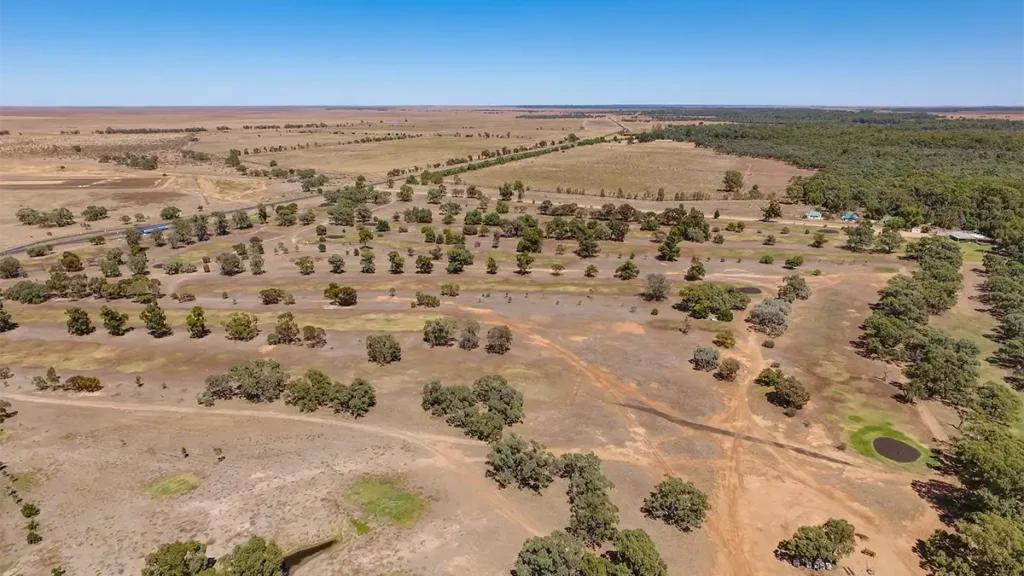[Illustration: Golf Digest]
The PGA of America is hoping to break all sorts of attendance and viewership records with the Ryder Cup at Bethpage Black, but one shattered early was the ticket price.
At $US750 ($A1,127) for a one-day pass, the tickets are the most expensive in Ryder Cup history. Initial reaction to the price—up 400 percent from the last time the event was played on US soil—was harsh. Food and non-alcoholic drinks are included, but $US750 to watch limited groups is steep. Still, all the tickets sold within 48 hours.
How the PGA of America priced its tickets has precedent in financial markets. It did exactly what investment banks are paid handsomely to do for every initial public offering of stock or public issuance of bonds. They canvassed the market, and their research told them tickets to a Ryder Cup at an iconic venue in a sports market like New York could sell for as much as $US1,100 ($A1,654), so anything between the face value and that theoretical ceiling would mean the PGA giving that upside to ticket resellers. (While the Ryder Cup has an official reseller in SeatGeek, the PGA of America didn’t direct people to that site until after the tickets were sold out.)
“If you price that ticket at $US200, the only people who are benefiting are in the secondary markets,” says Bryan Karns, the Ryder Cup director at the PGA of America. “You can try to do bot protection, but they’re just as sophisticated on the other end. That hurts the customer at the end of the day.”
I would like to go on the record now and say that if Europe wins the Ryder Cup at Bethpage because the crowds were turned into a polite snooze fest like LACC by the insane ticket prices, it's going to go down as a massive own goal. pic.twitter.com/wnAOP72lqA
— Kevin Van Valkenburg (@KVanValkenburg) October 14, 2024
RELATED: The Ryder Cup ticket price controversy, explained
The PGA of America did two things to limit the disruption of the initial sale of tickets. It scrubbed the list of accounts it considered problematic, and then it worked with SeatGeek to cap the number of tickets an account could resell to four.
Pricing the tickets too low also risks hurting PGA of America members. “The revenue from the PGA Championship and the Ryder Cup funds everything we do,” Karns says. “We could have found ourselves in a position where we left money on the table. How do I look at the PGA’s 31,000 members and say we can’t do what we need to do because we don’t have the money?”
Why not just price tickets at $US1,100 and get the most for the organisation? Here we can also look to Wall Street.
Investment banks like to bake in “some pop” when an offering debuts. If an IPO jumps 5 to 15 percent in value when it starts trading, that’s considered a good thing. “You want people who bought on the IPO to add to their positions and continue to build on them,” says Tom King, a retired chief executive of investment banking at Barclays. “You want to have an interesting stock.”
When a stock loses value on the secondary market, it’s called a busted IPO, and while it might seem good for the company in the short term—more proceeds from the sale—it’s not a great sign of what the market thinks of that company, or in this case, the sporting event.
Why are this year’s Ryder Cup tickets so much more expensive? The ones to this year’s PGA Championship at Quail Hollow included food and drinks but ranged from just $US117 on Thursday to $US160 on Sunday. A justification is that the Ryder Cup comes to America only once every four years, so tickets should be priced at a premium. The counter argument is it’s only played every four years in Europe, too, and the face-value prices two years ago at Marco Simone in Rome were a much more palatable $US277.
The PGA of America does not disclose what percentage of its revenue comes from ticket sales. It’s one of the few revenue items—like TV rights and global partners—that isn’t split evenly with its European counterparts. But the PGA does point to its People’s Perk Plan, which will manage surprise giveaways of 500 tickets for each day of the event. The first pair went to two buddies who braved near-freezing conditions to be the first group out on opening day at Bethpage Black—exactly the type of golf nuts you want on site cheering Team USA.






